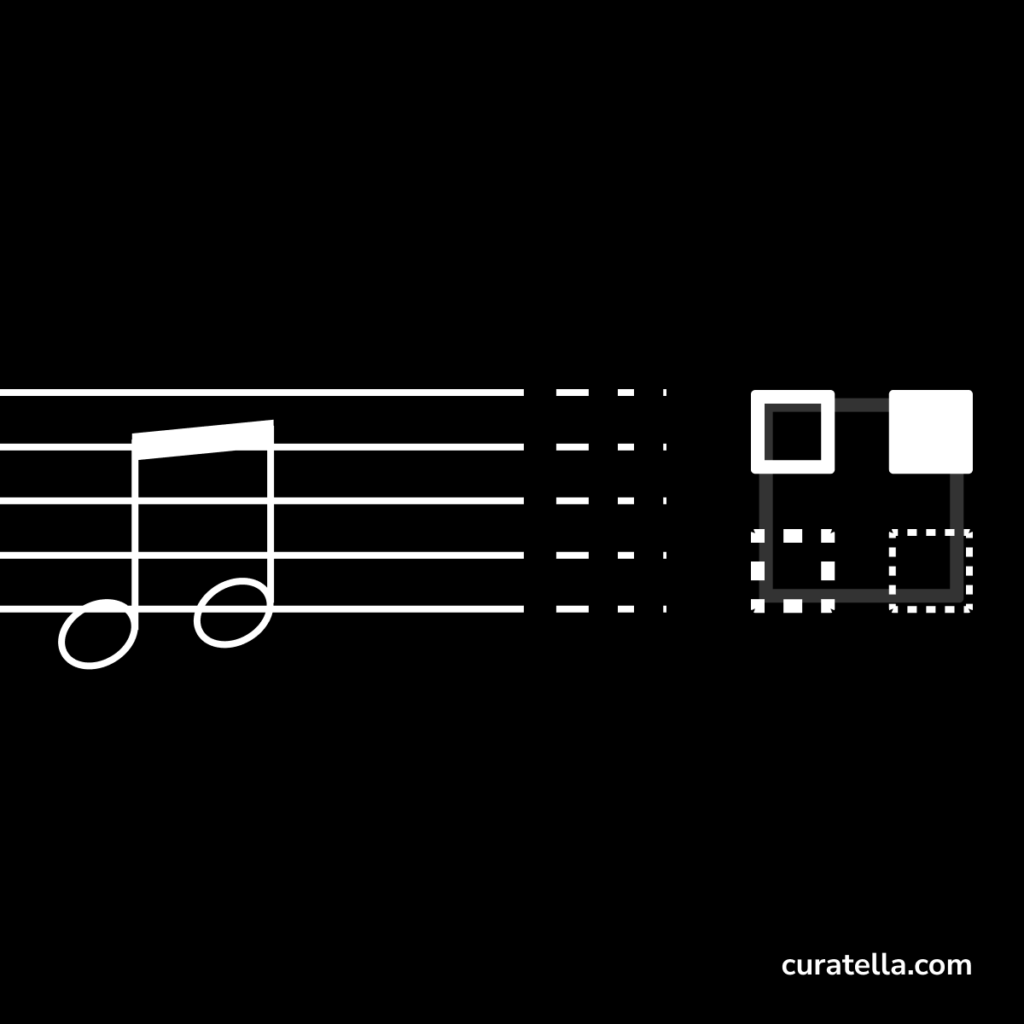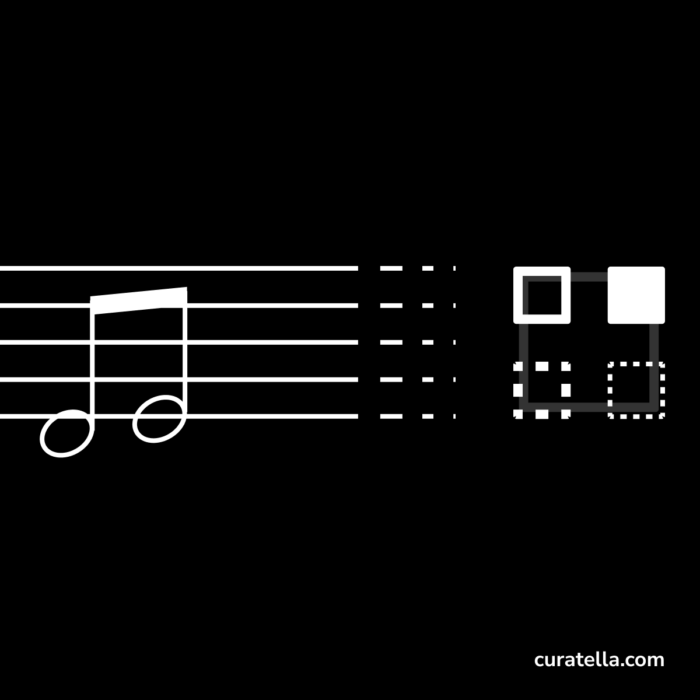Serendipity
In his book, David Byrne, “How Music Works,” talks about Information Theory, among the various topics. While reading a book review about that book, I’ve realized the connection between music and information.
Initial research
That caught my attention because I am researching my Personal Knowledge Management System, and I’ve been delineating the differences between data, information, and knowledge recently.
Extracting principles
So I went on the Wikipedia article on Information Theory. I’ve learned that the world recognition of that discipline is dated back to 1948 when Claude Shannon published the famous paper: “A Mathematical Theory of Communication.” I’ve decided to capture that paper.
The landmark event establishing the discipline of information theory and bringing it to immediate worldwide attention was the publication of Claude E. Shannon’s classic paper “A Mathematical Theory of Communication” in the Bell System Technical Journal in July and October 1948. Source: Wikipedia
Collecting and Organizing captured information
I noticed that some authors started a scientific thread of movements in different contexts by publishing memorable papers. (That’s how science works, Max!)
I recognized a prompt to find, research and collect the most important scientific papers, which profoundly impacted science and history. Claude Shannon’s writing is the initiator of a new collection that might be titled “The most important scientific papers.” It will work as a semi-empty bucket to stimulate my curiosity to search other papers, learn about them and add them to the list. When I have many of them, I will curate the collection by highlighting details, insights, implications, and other possible connections.
Possible candidates:
- Claude E. Shannon, “A Mathematical Theory of Communication“
- Satoshi Nakamoto, “Bitcoin: A Peer-to-Peer Electronic Cash System”
- Conor White-Sullivan, “Roam White Paper”
- …
Creating research prompts
I am proud of this process because instead of mindlessly saving another PDF in my infinitely long list of things to be read, I’ve motivated my capturing, and I’ve created something out of it. It’s not novel and useful knowledge but a good research prompt to search for related items and curate a collection that could lead me to an article draft.
Sometimes knowledge management is made of simple steps. The secret is to accumulate any value you can extract out of the process. The annotation or the original piece of information is not always the goal to pursue if your PKM System shall support your creative process. Recognizing patterns, curating collections are as valuable in fueling your idea generation prompts.


Leave a Reply